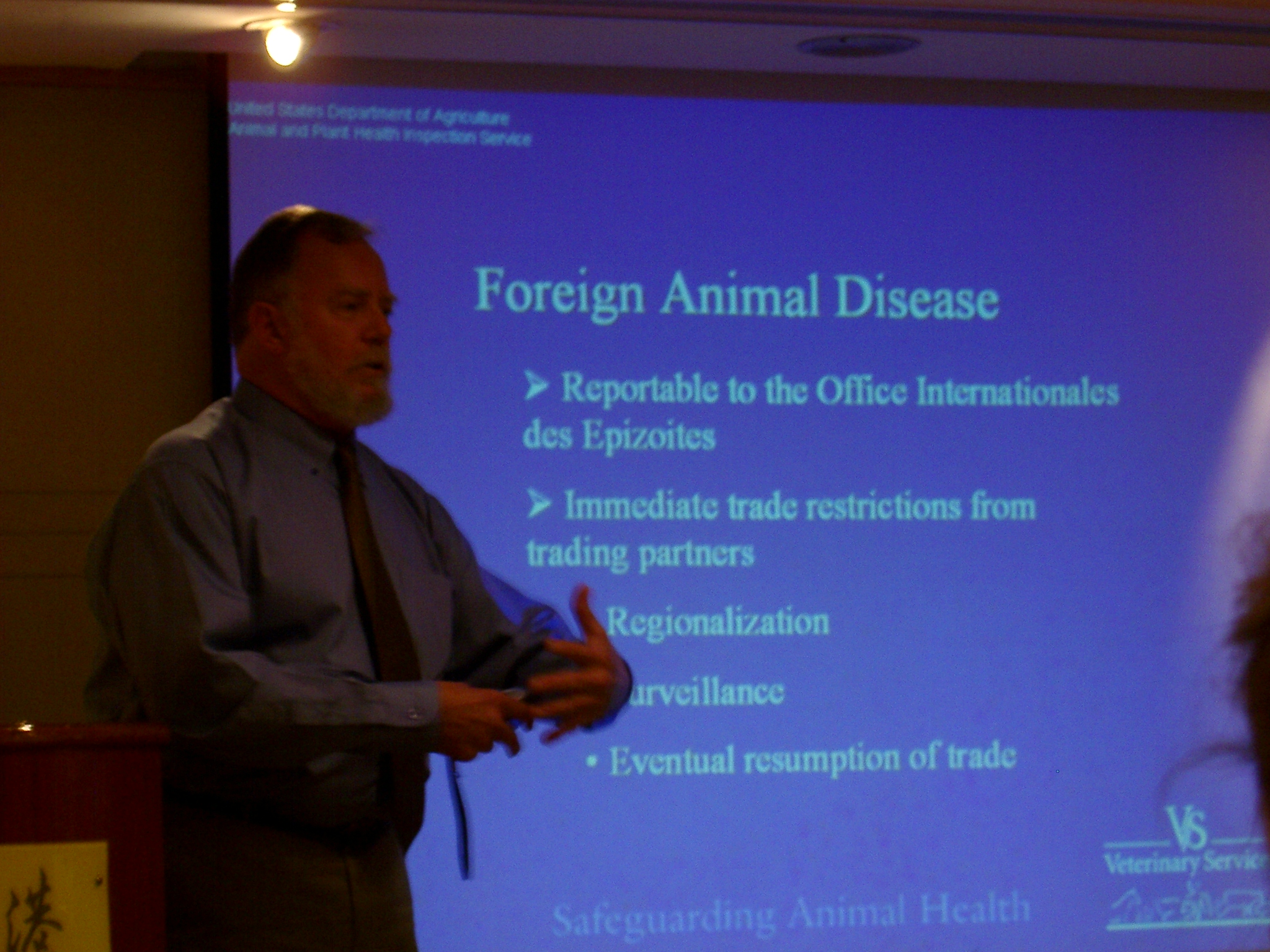We first heard from Yvonne Mui, the Deputy Executive Director of the Independent Commission Against Corruption (ICAC), about the challenges of fighting corruption and the current strategies employed. The ICAC was created in 1974 when corruption was at one of its highest levels, especially within the police. Since its creation, the ICAC has succeeded in mitigating the level of corruption in Hong Kong. The ICAC approaches corruption with a $7 billion budget and a three pronged approach: operations development, corruption prevention, and community relations department. The ICAC investigates about 4,000 corruption reports yearly, with a conviction rate of 18%. When the ICAC was first formed, over 50% of the corruption reports received regarded the police compared to 14% today. The ICAC contributes its success to its great track record, its independence from the government and other entities, sufficient investigative powers, its system of checks and balances, and the ability to publish to the public. Its two key strategies include mass media publicity such as TV shows and education through face-to-face contacts. Â
Â
After hearing from the ICAC, we were privileged to have David Wolf from the U.S. Department of Agriculture Foreign Agricultural Service. Hong Kong ranks as the 8th largest export market for United States agriculture, which is not surprising since Hong Kong imports about 90% of its food. The ICAC defines its role as part of market intelligence and reporting, market development, market access, and representation. They service trade through promotions, such as in store and at trade shows. David projects the main challenges for the Department of Agriculture are the growing competition from China, the declining promotional budget, maintaining Hong Kong’s autonomy, and balancing public health and food safety concerns. Addressing the public health and food safety issue could also be classified as an advantage, along with the growing tourist trade.
Gordon Cleveland, husband of Dean Cleveland, presented next. A USDA Veterinary Services official, Gordon has spent the trip reassuring us that we will not come home with bird flu. In his presentation, Animal Diseases and Implications to Trade, he explained why.

Gordon’s career has placed him on the front lines of the endless war against animal disease. He has witnessed firsthand their often gruesome spread and has fought hard to prevent, contain, and eradicate them. He has an expert’s perspective into the potential devastation that an epidemic could wreak. Yet despite all of the panic surrounding avian bird flu, SARS, and “mad cow†disease, Gordon feels that we have little to worry about.Â
Gordon deals primarily with foreign animal diseases (as opposed to endemic ones) and their impact on international agricultural trade. If a disease emerges within a country, that country must report it to the Organizationes Internationales Espoisetes (OIE) as soon as possible. OIE immediately halts all potentially infected exports from the country in order to regionalize the disease. As efforts are made at containment and eradication, OIE does surveillance to ensure the disease does not spread. Once the threat has been dealt with, trade can finally resume.
Gordon presented the details of four foreign animal disease outbreaks, each which caused enormous loss. Foot and Mouth Disease is the most highly contagious disease; its outbreak in the United Kingdom in 2001 cost the country anywhere from 14 billion to 18 billion pounds. Exotic Newcastle Disease spread to California from Mexico via infected parrots. It soon became rampant throughout Los Angeles backyard flocks and fighting cocks. The government would not halt the movement of birds—Gordon submits this was a political move so as not to lose the Hispanic vote—and the estimated damage done equaled $68 million. Veterinary Services was able to turn the tide, though, through public outreach. BSE, or “mad cow,†has a 100% mortality rate, and spurred the UK to destroy millions of livestock. Avian influenza is the current scare, though the disease has existed for more than a hundred years. There is concern that it could become transmissible from human to human.
However, the real focus was not on the diseases themselves. Rather, Gordon emphatically explained that most of the panic surrounding foreign animal diseases is a product of media sensationalism. The media tends to exaggerate figures and imply that unlikely worst case scenarios are probable. But nobody realizes that, for example, probably millions of people have eaten infected beef products for years, and yet only 150 people have contracted the disease. Similarly, the H5N1 strain of bird flu only infects people who handle live birds, a small majority of overall population. The probability of contracting these diseases is minute, yet the impact on trade can be immense. Gordon

All the talk of infected meat and poultry whetted our collective appetite. After bidding farewell to our speakers and the Clevelands, we headed to upscale Hutong for our first official banquet. Hutong is a beautifully modern and authentical restaurant on the 28th floor of a Kowloon skyscraper. Thankfully, Professor Hutchens was in charge of ordering the meal—it was a luxury to eat with someone who actually knows what to get. The food was absolutely incredible, all 4000 courses of it. We had heaping servings of prawns and chilies, fried eggplant, bamboo crab, rice noodles, and a whole fish, among many other dishes. It was a great introduction into the banquet culture we have been hearing about so much, and the food tasted even better because Bob Smith picked up the tab. After what seemed like hours of eating, the wait staff came with stretchers and escorted us to the elevator.    Â
         Â
Â